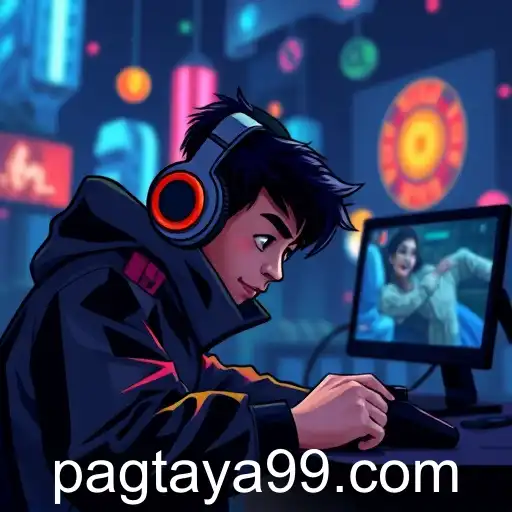
The world of online gaming has expanded exponentially in recent years, offering a myriad of opportunities for entertainment and social interaction. However, this rapid growth has also brought about several challenges, particularly in terms of its impact on young individuals. This article aims to explore these dynamics, with a special focus on the phenomenon known as 'pagtaya'.
Originating as a keyword in various gaming circles, 'pagtaya' signifies a complex interplay of risk-taking and strategic decision-making within digital environments. It encapsulates a broader trend where games are often designed to be highly addictive, drawing players into a cycle of rewards and challenges that can be difficult to escape.
Recent reports indicate that excessive gaming can have detrimental effects on youth, including issues related to mental health such as anxiety and depression. The World Health Organization (WHO) has recognized gaming disorder as a mental health condition, underscoring the need for awareness and intervention. Parents and educators are increasingly concerned about the time spent on gaming platforms, which can impede academic performance and social skills development.
Adding to this, commentary from industry experts suggests that the economics of gaming, including microtransactions and in-game purchases, contribute to addictive behaviors. The role of virtual currencies in facilitating 'pagtaya' practices has sparked debates about regulation and consumer protection in online gaming.
To address these challenges, various stakeholders, including gaming companies, policymakers, and mental health professionals, are called to action. Strategies such as implementing screen time limits, promoting healthy gaming habits, and developing alternative social activities for youth are being explored to mitigate adverse effects.
As we navigate the complex landscape of online gaming, understanding the nuances of 'pagtaya' and its broader societal implications remains critical. By fostering informed and balanced perspectives, it is possible to harness the benefits of gaming while minimizing potential harms to the younger generation.


